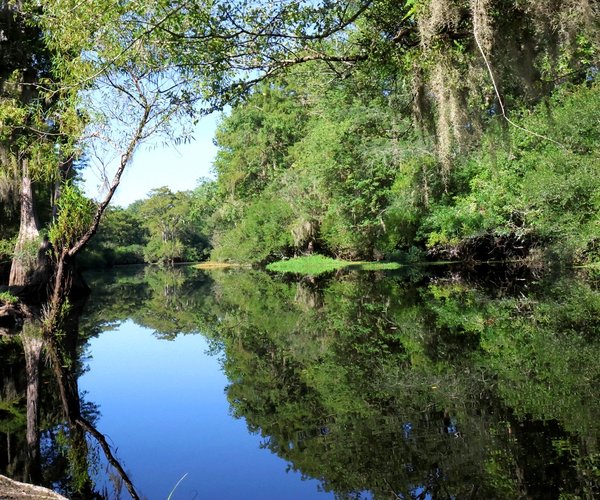More timber was grown than was harvested last year in Georgia, a trend that has endured for nearly four decades. According to Forest Inventory and Analysis (FIA) data released by the Georgia Forestry Commission (GFC) and the U.S. Forest Service (USFS), Georgia’s forested acres remained stable at 24.4 million acres in 2010. The annual FIA survey conducted by the GFC and USFS shows forested acreage change of less than 2 percent since 1972.
Georgia continues to have the most acres of privately owned forestland in the U.S. Ninety-one percent of Georgia’s forestland is held in private ownership, with the remainder held by federal, state and local government.
While forested acres are being lost to development in Georgia, acreage is gained annually when owners plant timber on land that was previously used for pasture or row crops. FIA statistics show that since 1972, 25 percent more wood was grown in the state than was harvested.
A relatively small but important component of Georgia’s forestland is its cypress acreage, which accounts for one percent of the state’s forested total. FIA data shows that cypress coverage actually increased by nearly 8,600 acres from 1997 to 2010. The 2010 FIA data detailing all categories and trends can be viewed in its entirety at http://www.GaTrees.org/ForestManagement/ForestInventory.cfm
The forest industry has a $27.2 billion annual economic impact on Georgia, with $472 million generated by the forest industry in tax revenue for the state. Forty-four of Georgia’s 159 counties are moderately to critically dependent on the forest industry for employment and income, and more than 118,000 jobs statewide are supported by forestry.
The Georgia Forestry Commission provides leadership, service, and education in the protection and conservation of Georgia’s forest resources. Healthy, sustainable forests provide clean air, clean water, and abundant products for present and future generations.
For more information about services of the Georgia Forestry Commission, visit GaTrees.org.








